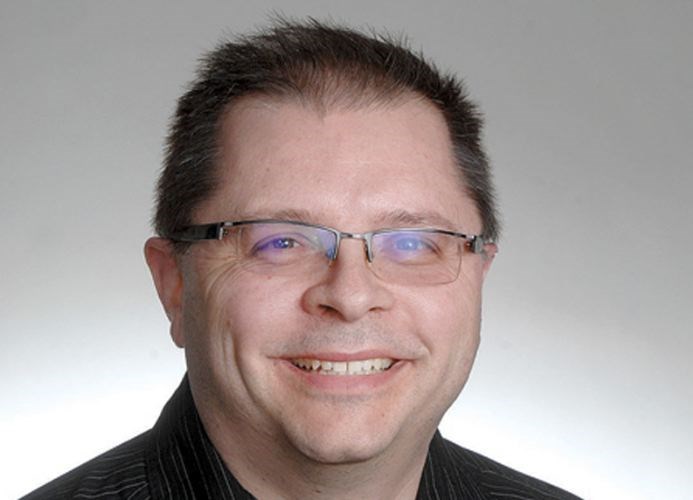There is a deep-seeded stereotype that senior politicians and public sector executives send themselves on expensive trips to far-flung destinations as part of their jobs. News that former UNBC president George Iwama rung up a $225,000 bill in travel expenses during 2012 and 2013 just reinforces that stereotype.
The Canadian Taxpayer Federation's report on travel by the presidents of 25 post-secondary institutions placed Iwama second in the province, only behind UBC's president and ahead of the presidents of the much-larger University of Victoria and Simon Fraser University, for incurred travel costs. The tab is made worse by the fact Iwama brought his wife Marilyn, an adjunct (fancy academic word for auxiliary) professor in the First Nations Studies department, on nine trips - two of them international - on the university's dime.
Yet the federation B.C.'s director, Jordan Bateman, made no time or effort to see if UNBC got a return on that investment. If he had, he might not have called his report Screwed U Dean's List of Waste.
He blasted Iwama hard for a two-week trip in June 2012 to Greenland and Hong Kong that cost nearly $32,000 - $20,000 for the president and another $12,000 for his wife.
Those meetings were to conduct business as part of UNBC's involvement with the University of the Arctic, an international network made up of more than 130 member institutions. Also on the University of the Arctic file during the same time period, Iwama hit the road for two weeks that November, visiting Vancouver, Guelph, Halifax and Cambridge, Massachusetts (Harvard), running up nearly $5,000 in expenses, followed by a week in Finland in December, costing the university nearly $9,000.
So what did UNBC get for spending more than $45,000 for Iwama to conduct University of the Arctic business?
That would be the group's two-day annual council meeting in Prince George in late May of this year, followed for the four-day International Congress of Arctic Social Sciences, which brought in 450 delegates from 26 countries. If those delegates spent five days in Prince George and spent $200 a day on food, accommodation and other expenses, the benefit to the local economy was $450,000.
Would Prince George have got that business if Iwama had stayed home? Unlikely.
For Bateman to not consider this benefit would be the equivalent of a shareholder in an oil company complaining about exploration costs without looking at the revenues when the oil is pumped out of the ground and delivered to market.
Yes, Iwama brought his wife along on nine trips, totalling $18,447.87 that year, and billed it back to the school, something only one other post-secondary school president did, according to Bateman.
In that regard, the self-appointed tax watchdog is right. The president of a university does not need a spouse along as a chaperone on a business trip, unless that spouse is paying his or her own way. UNBC's Board of Governors should not have approved those expenses or agreed to cover them as part of Iwama's contract, whichever it was.
Compared to someone's annual wages, even Iwama's $241,208 salary and benefits in 2013-14, those travel expenses look like a ridiculous amount of money. In the bigger picture, however, they don't look like that much, falling well short of 0.2 per cent of UNBC's total operating budget of more than $67 million in 2012/2013.
Still, Bateman is also right about that kind of travel expense for a small university. UBC's president racked up $350,000 in travel expenses during the same time period, except that UBC's annual operating budget exceeds $1 billion, 15 times as much as much as UNBC's. In other words, UNBC's travel expenses for its top executive need to be more in line with what other similar-sized institutions are spending, while still taking essential regional travel into account.
There are certainly ways to trim the UNBC president's travel budget, starting with not footing the bill for a spouse to come along for the ride, but residents (and Bateman) shouldn't lose sight of the benefits brought back to Prince George and the entire region whenever UNBC's senior executive packs his bags and heads to the airport.



